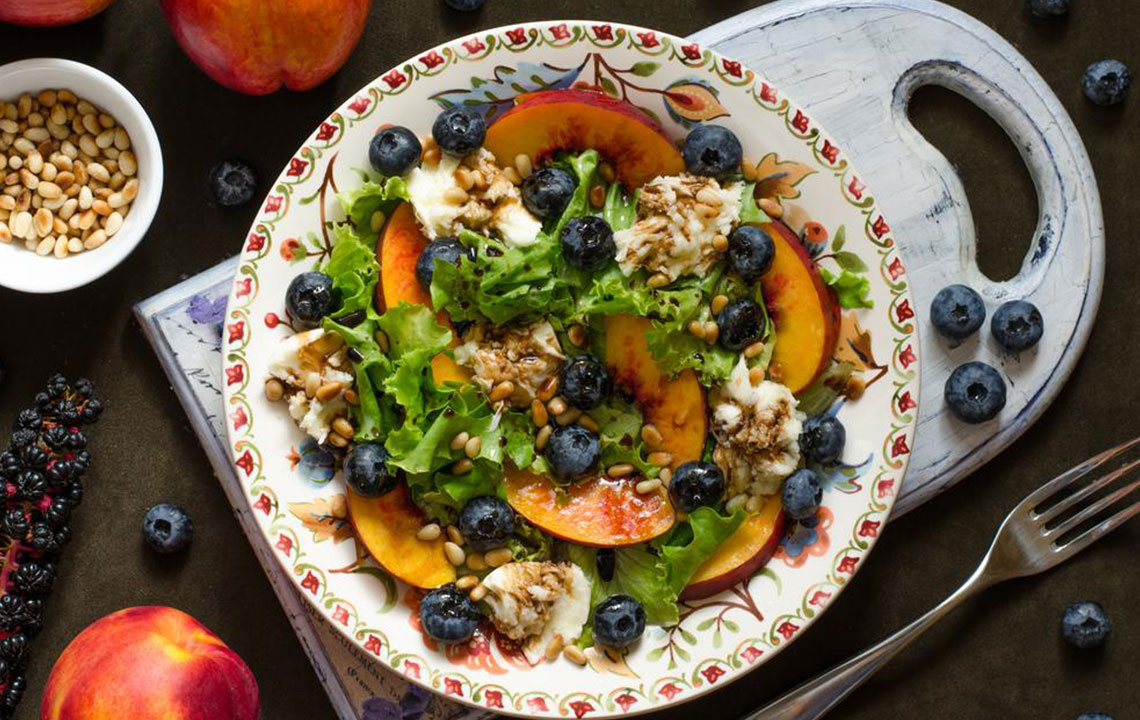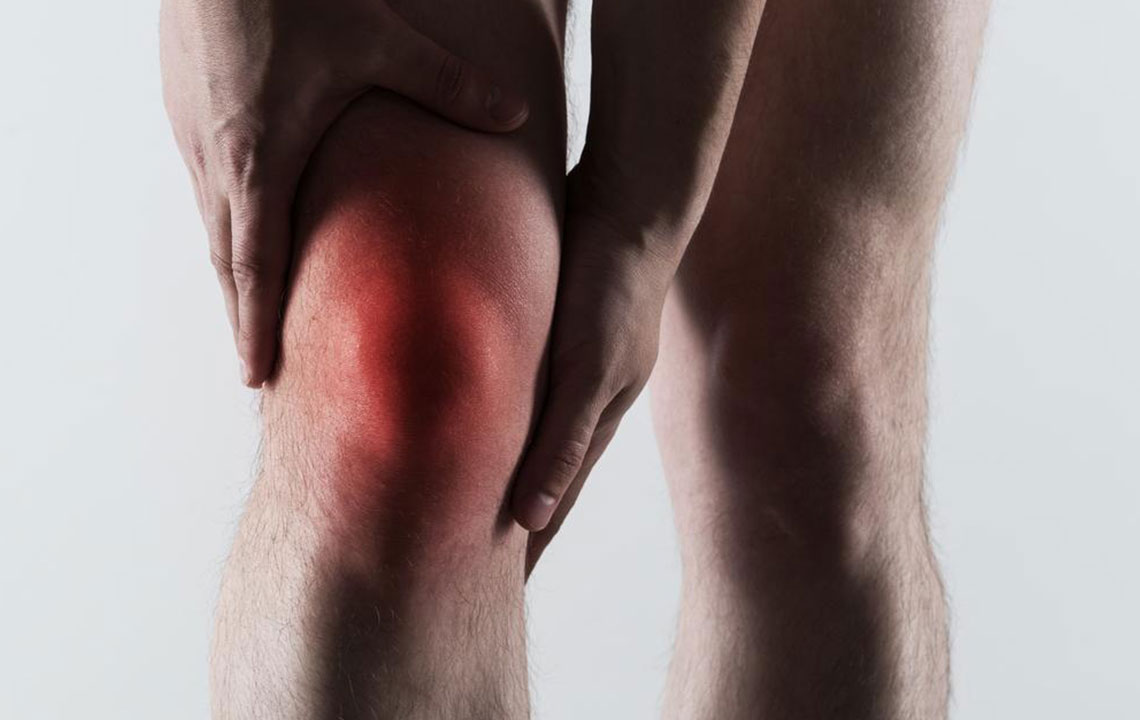Comprehensive Guide to Managing Gout with Diet
This guide provides essential strategies to manage gout through dietary choices. It covers foods to avoid and include, emphasizing hydration, weight management, and specific anti-inflammatory foods like cherries and berries. Practical tips help you develop a tasty, gout-friendly eating plan that reduces attack frequency and enhances overall health.
Sponsored

Gout is a painful form of arthritis that often targets the big toe but can also affect other joints. It manifests with intense burning and sharp pain due to inflammation caused by uric acid crystal buildup.
Understanding Gout Causes
The body produces uric acid during metabolism, which is normally expelled through urine. When uric acid levels escalate, it accumulates as crystals in joints, triggering inflammation.
Role of Purines in Gout
Purines naturally exist in our bodies and foods, supporting vital functions like DNA synthesis. However, their breakdown produces uric acid. Dietary approaches to gout often recommend reducing purine-rich foods. Interestingly, recent studies suggest that certain high-purine vegetables may not contribute to attacks and can even be beneficial due to their other nutrients that help decrease crystal formation and inflammation.
Eating for Gout Management
Crafting an anti-gout diet involves knowing what foods to limit or consume, along with maintaining a healthy weight and staying well-hydrated.
Maintain a Healthy Weight
Excess weight can heighten uric acid levels and joint stress, increasing attack risks. Losing weight helps lower uric acid and relieves joint pressure.
Stay Hydrated
Drinking plenty of water helps your body eliminate toxins, including uric acid. A 2009 study indicated that consuming water reduces gout attack risks. Consult your doctor for personalized hydration goals.
Include Complex Carbohydrates
Replace sugary snacks with fruits, vegetables, and whole grains rich in fiber and starch, aiding digestion and toxin removal.
Limit Alcohol
Alcohol, especially beer and spirits, can precipitate gout attacks due to its effect on blood pH and uric acid crystallization. Limiting intake is advisable.
Foods to Avoid
Reduce intake of organ meats, red meats, shellfish, and fatty fish like tuna and sardines, which have high purine content. Cut back on high-fat dairy and sugary foods too.
Fruits and Vegetables
Vegetables, even high-purine ones like spinach and mushrooms, can be included as they contain compounds that counteract purine effects. They also promote gut health by supporting beneficial bacteria that reduce inflammation.
Cherries and Berries
Dark berries and cherries are rich in anti-inflammatory pigments. Studies show that regular consumption can cut gout episodes by over 50%.
Coffee
Moderate coffee intake has been linked with fewer gout attacks. Consult your healthcare provider before making any changes.
Enjoying Flavorful Gout-Friendly Meals
Worry about bland food? There are countless recipes and meal ideas online. Spices add flavor without purines, making dishes like spicy vegetables, vegetarian pasta, or grilled meats with herbs flavorful and safe. Experiment and find tasty options to enjoy while managing your condition.
Creating an appealing anti-gout diet is entirely possible without sacrificing taste. With a bit of research and creativity in the kitchen, you can enjoy delicious meals that help prevent pain and improve quality of life.






